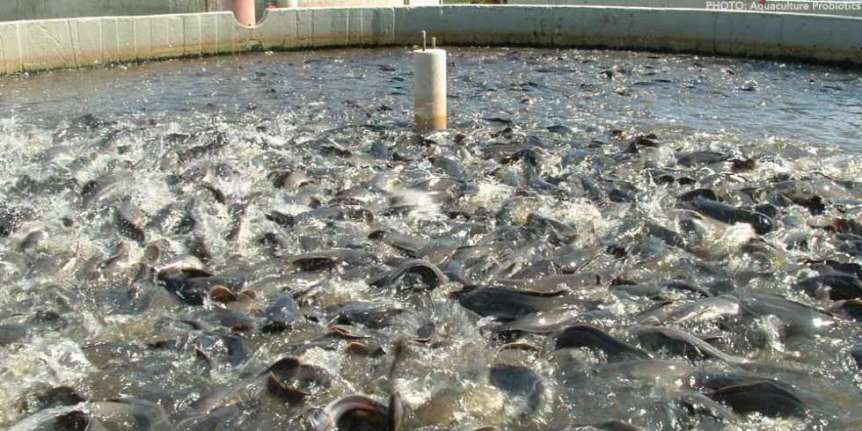During the last few weeks, I had the opportunity of assisting 3 aspiring fish farmer virtually to set up their Fish Farm Business. One issue which seems to be of great concern during the whole process was designing a workable framework that will make the construction and planing phase economical and the main Fish farm business sustainable and profitable.
As a consultant my task was simple, an estimated budget was presented to me, my duty was to allocate the available resources in the estimated budget to cover the core component of the business; which include the fish pond, the water structure, the fingerlings, the fish feeds and the fish farm management.
After due consultations from market survey we discovered that the available money on ground was not enough to complete the project. So how did we solve that challenge?
I will outline some of the management practice we adopted as you read on.
Table of Contents
5 Things To Consider Before Setting up a Fish Farm Business
1. Type of fish Pond
One of the variable that we consider very vital was fish pond. From the general definition, fish pond is a confined water body where fish are raised under controlled conditions. So the number one step after market survey should be pond construction.
It’s important that you construct and develop a good environment where your cultured fish will stay. The pond so constructed should be able to resist water pressure, should be high enough to keep the pond water from overflowing and should be able to prevent water seepage through the pond dike or reduce it to the bear-est minimum.
Generally we have:
- Concrete pond
- Earthen Pond
- Tarpaulin Tanks
Concrete and Earthen Pond are good for long term project, but Tarpaulin Tanks can be pocket friendly. Your choice of the pond type will depend chiefly on the combination of the following:
- Your Budget
- Type of proposed Culture species
- And your business plan
2. The Size of the Pond
I had a situation where a pond that was meant for just 500 fish was stocked with over 1700 fingerlings. The farmer involved told me that she read an article online on the profitability of fish farm business and decided to try it out.
Based on the articles recommendation, she got a tarpaulin tank, stock it up with 1850 fingerlings. And within 8 days almost half the the fingerlings were gone
What she failed to do was understanding the stocking capacity of the pond she purchased and the level of water that was supposed to be inside the pond.
So the size of your pond is very important. If you know the size of your pond, it can helpful in planing and management.
3. Location of your farm
Your Farm location is equally very important. One of the client I assisted, the farm was few meters away from his house, so instead of constructing another water structure, we laid some pipes from his house to the farm to reduce cost.
Your farm location must:
- Must have a good space for drainage
- Be accessible to where you can get some raw materials like feed, fingerlings, etc
- Be accessible to your proposed markets
Read also: How to start a fish farming business in Africa
4. Market Opportunities
Identifying possible sales avenue should be a continuous adventure. As an Investor, start looking for market opportunities for your fish from day one.
- Will you sell it dry?
- Will you sell it fresh? (Point and kill or to direct to market sells)
One of the client I assisted did a partnership with three hotels in his city, two of the hotels deals with point and kill business, so he signed a contract to provide at least 500 fish monthly to one of the hotel starting six months from the day the contract was signed. Meaning, he has to set up a culturing calendar that will ensure the availability of at least 500 fish monthly for the hotel after 6 months of signing the contract.
5. Build a Network
It’s very important that you start building a network before setting up your fish farm business. The network may include cluster of other fish farmers, stores where fish feeds are sold, market avenues and hatchery houses.
Read also: Is fish Farming Profitable?
The important of this is simple; if you have a contract to supply fish to a place monthly and you run out of stock at a particular time, you can get supply from a farm in your network to fulfill your obligations.
Fish farm business is profitable, but the profitability depends on the species of feed cultured, feed and good management practices.

